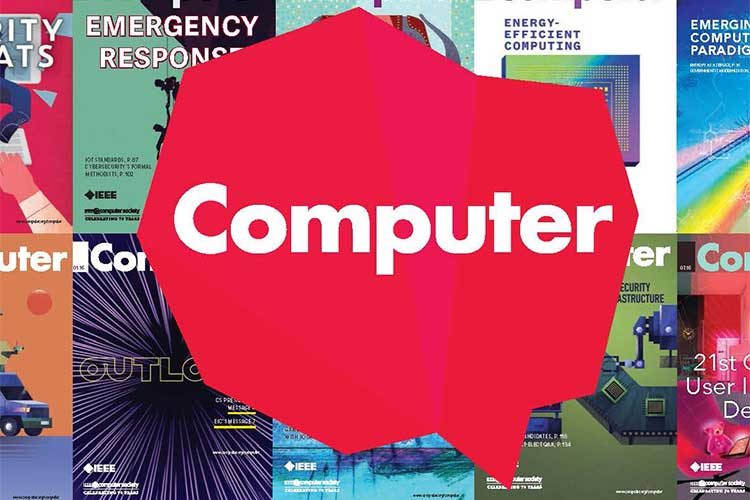Call for Papers: Governments in the Age of Big Data and Smart Cities
Full papers: 1 May 2018
Publication date: December 2018
Computer plans a December 2018 special issue on Governments in the Age of Big Data and Smart Cities.
Governments at the local and national levels are responsible for passing and enforcing laws the impact the quality of life of the citizens they serve. Elected officials are tasked with legislating all manner of complex issues, with guidance from lobbyists, professional staff, research literature, not to mention polling data. For policy decisions in the age of big data and smart cities, new legislation and day-to-day operations of government agencies could benefit from the vast amounts of data, which would help establish unprecedented precision of information.
In this special issue of Computer, the guest editors seek to cover a range of topics that address challenges of data collection and curation, outcome measurement, complex system modeling, and operational management. More specific topics of interest include but are not limited to the following:
- Smart cities and the collection of city-wide data to guide decision making;
Enterprise healthcare data and analytics to improve the standard of care and lower the cost of healthcare; - Modeling and simulation of future trends for government planning;
Prediction and planning for natural disasters to minimize catastrophic outcomes and accelerate emergency response; - Disruptive technologies’ impact on small and big businesses, workforce, education, city planning, tax revenue, and long-term infrastructure investment; and
- Expectations of privacy in the context of data-guided decision making by business and government agencies and how this impacts individual businesses and citizens.
Only submissions that describe previously unpublished, original, state-of-the-art research and that are not currently under review by a conference or journal will be considered. Extended versions of conference papers must be at least 30 percent different from the original conference work.
There is a strict 6,000-word limit (figures and tables are equivalent to 300 words each) for final manuscripts. Computer also caps references at 20. Authors should be aware that Computer cannot accept or process papers that exceed word count or reference limits.
Articles should be understandable by a broad audience of computer science and engineering professionals, avoiding a focus on theory, mathematics, jargon, and abstract concepts.
All manuscripts are subject to peer review on both technical merit and relevance to Computer’s readership.
Accepted papers must be well written and understandable, as the level of editing will be a light copyedit. For accepted papers, authors will be required to provide electronic files for each figure according to the following guidelines: for graphs and charts, authors must submit them in their original editable source format (PDF, Visio, Excel, Word, PowerPoint, etc.); for screenshots or photographs, authors must submit high-resolution files (300 dpi or higher at the largest possible dimensions) in JPEG or TIFF formats.
Questions?
Please direct any questions about submissions to the guest editors (co-1218@computer.org):
Scooter Willis, Avera Cancer Institute (willishf@gmail.com)
Yasha Wang, National Research Center of Software Engineering, Peking University, China (yasha.wang@163.com)
Katsuyuki Yamazaki, Nagaoka University of Technology, Japan (yamazaki@nagaokaut.ac.jp)
For author guidelines and information on how to submit a manuscript electronically, visit www.computer.org/web/peer-review/magazines.
For full paper submission, please visit mc.manuscriptcentral.com/com-cs.


